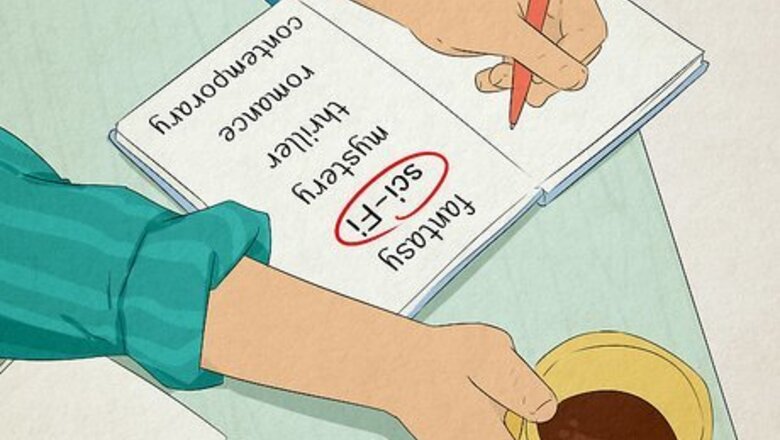
views
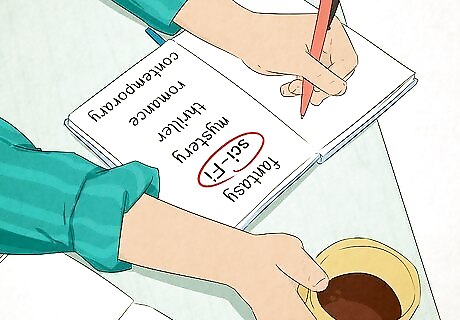
Pick a genre before you start writing, so you don't end up with a romantic historical fantasy tear-jerking book. It's not a bad thing to write what you love, many people have become incredibly successful because they write in the genre that they know, but... Step outside of what you normally read and write something that you really dislike, you may find that you like writing it more than you do reading it. Learn all about that genre if you don't know it's ins and outs, and once you learn all about that genre, you'll be able to write in it with a little more finesse. Don't follow what's 'in' at the moment, follow what you want, because eventually that genre that everyone loves at the moment is going to die out before you finish even your first novel.

Once you pick your genre, pick a city. (If you want you can make up a town. This is a very good idea if making a fantasy book. Also, pick a region or city that you are familiar with.) When you invent a town, it's just like a fantasy writer inventing an entire world (a universe even!) you need to know the streets, houses, shops, and dogs by heart, this way you can guide your character though effortlessly. In creating a town, draw a map, this makes the town seem even more realistic, and it will help you navigate it and get perspective on it as well. If you are writing about a real life town, it helps to either visit that town (if financially possible) or read travel guides, look at Google Earth maps, look at pictures and even read books that take place in that town to get a feel for it, and don't be afraid to make up something in that town, you can't always have the standard edition New York right? Just don't uninstall the Empire State Building, that's a no-no.
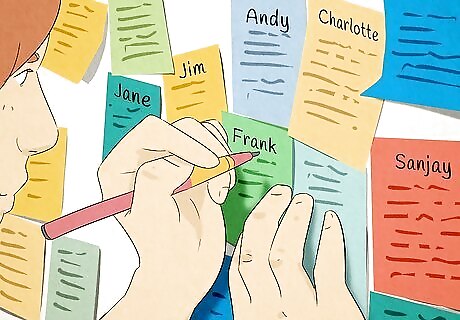
Next make some characters. Go outside the stereotypes of the popular girl being a rich, blond, cheerleader that dates all the guys or the Asian kid that is nerdy and smart and never gets anything lower than an A on anything. Instead make the popular girl have red hair or that irresistible bad boy Asian. But, if you do chose to go with the critic saying, the stereotype, you have one option, which is that you have the obligation to make this character go through a critical change, a change that will really make the reader think otherwise about the character. Also, you can use it as a plot device to move the story along, push the motivations of this character into the things that they do. When making characters, pretend that they are either your best friends or someone you hear about a lot: sometimes it's beneficial to step out of the place of an author and look at it from a bystanders point of view: how does the world look at Brian or Jake? You may know this character, but what if you didn't? Make characters that you care about, this is the most important thing, if when you think about the character dying you choke up a little bit, then that's good, otherwise, you need to figure out what's wrong, because the reader won't know what's so great about the character either! Give your characters little quirks, because nobody's perfect! Make your popular girl have a scarf fetish or a hat frenzy or make your jock guy always wear Tommy Hilfiger. Just something to make the characters unique.
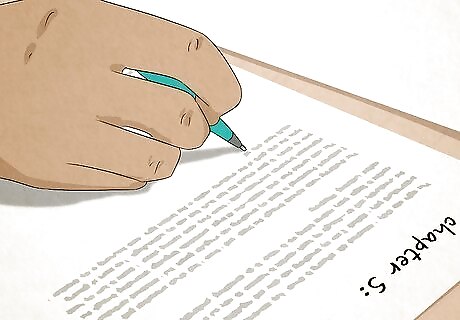
For the Architects: Plan your novel chapter by chapter, make sure that you know where the exposition, the climax, and the resolution are in your story, by planning chapter to chapter, you know how you're going to get from McDonald's to Space between the Exposition to the Resolution. Refer back to your writing journal, if you have one, and make sure to keep all plot details neat and make sure they're there. If you have a history for your world, refer to that history to add depth to your story, and make sure that that history stays accurate, unless it is a false history, which adds mystery to your story. Have a grip on what kind of story you're telling, and in planning, make sure that everything that you plan keeps that tone of that story, do not stray away from this.
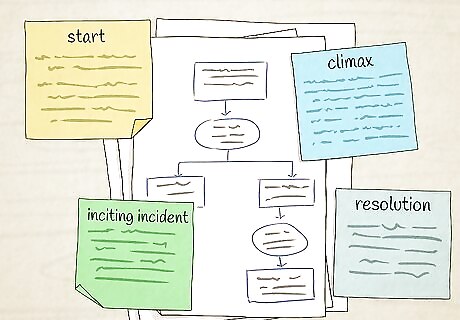
For the Planters: As George R. R. Martin often says, he knows the broad strokes of his story: you should too. You may not write a lot of stuff down, because you like to see where things go, but you should at least know the major points of your novel! Don't feel the need to pressure yourself about broken details until after you've written. Make sure that your plot stays consistent throughout, and know how it all begins and ends, and just keep the seed nourished, and your tree should be fine.
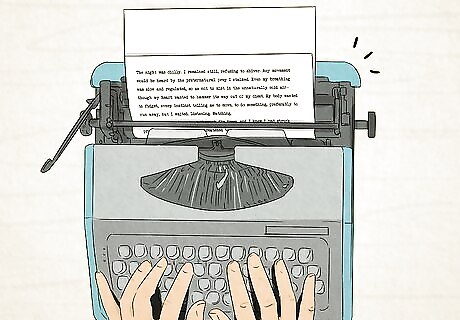
Next start your story. Try to write for at least ten minutes a day, but don't push yourself to overload, that's when you lose your creative edge and you start to resent the act of writing itself. When you are writing the first draft of your story, your next great novel, or anything of the like, don't look back, just write: the thing to keep in mind is that, a great writer is not afraid to write a bad first draft, because you can always come back and edit it later. Just write. Eliminate distractions. Find your favorite place to be, whether that be your bed or the bathroom, somewhere where you can really get into the zone and not be distracted. Learn to turn off the internet in this place too! Make sure that you're writing everyday, and it doesn't have to be a whole lot, just a few words maybe, or it can be entire chapters if you like, as long as you write; sometimes it's good to even start a whole other story just to take a break from your main project, it may even help break you out of your slump or writers block! Usually if you have a lot of story in mind, you will regret it later, so make sure to review what you have written before continuing












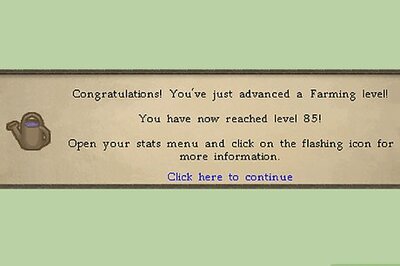





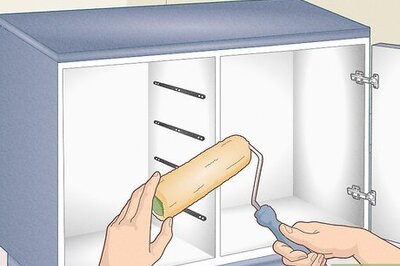

Comments
0 comment